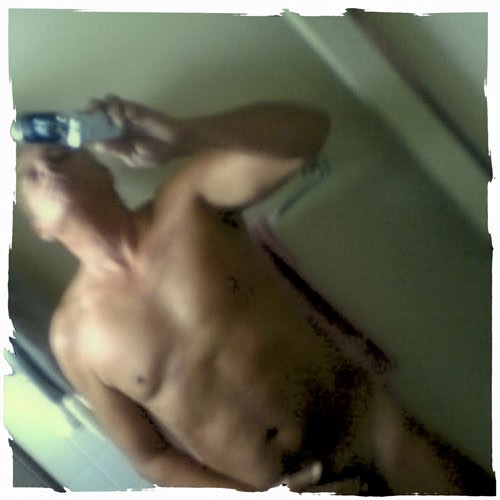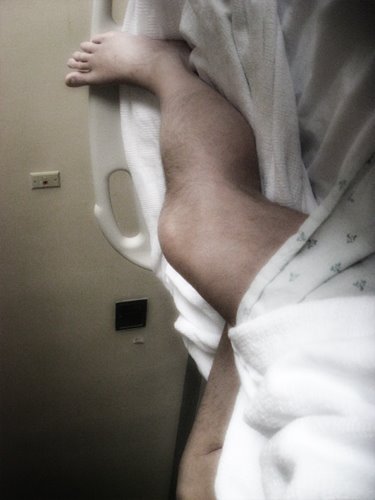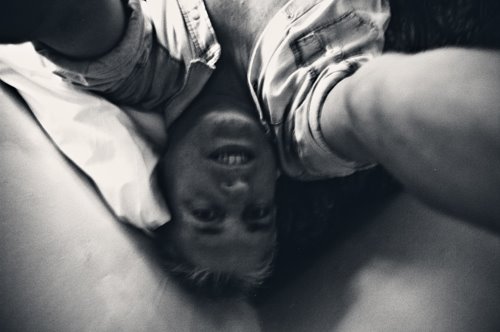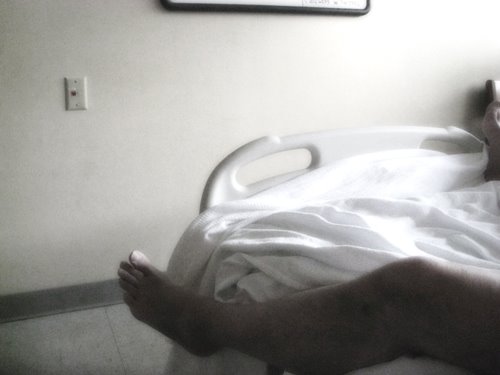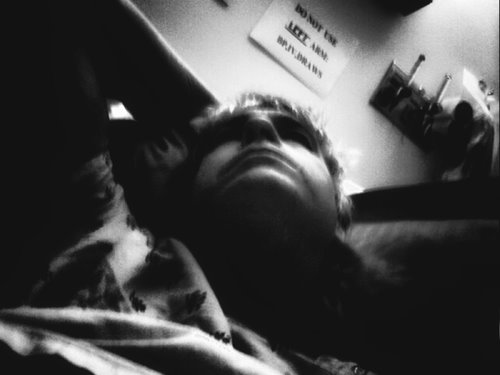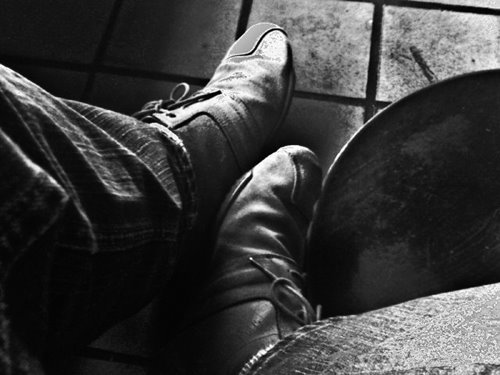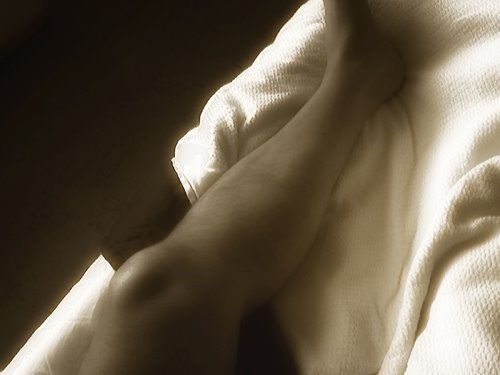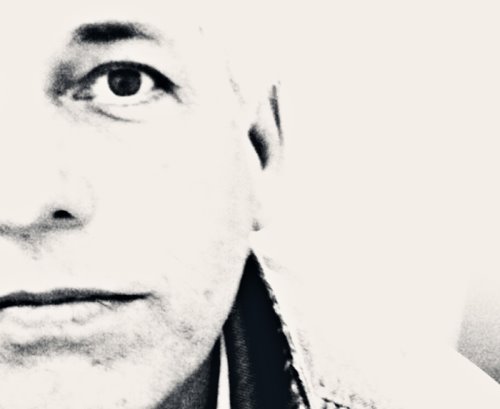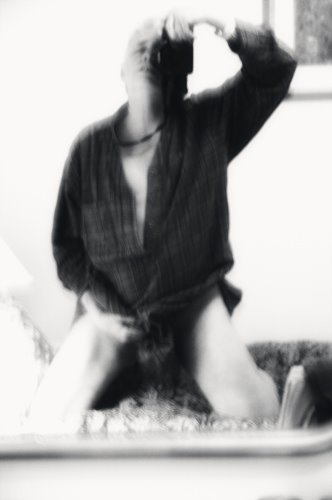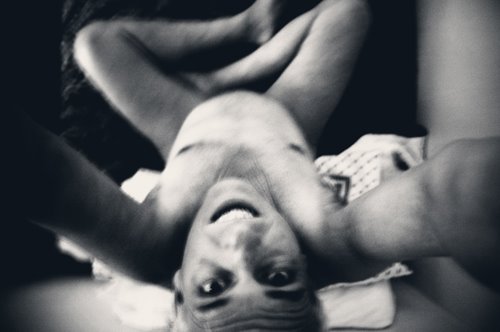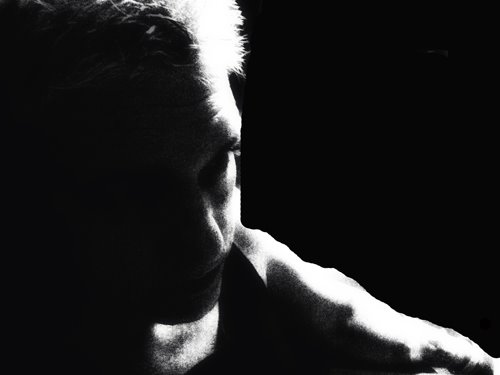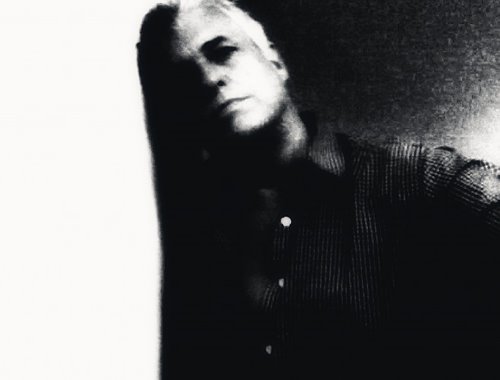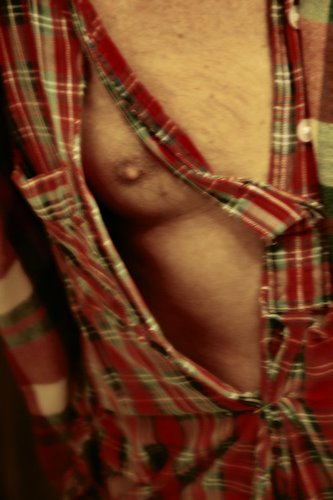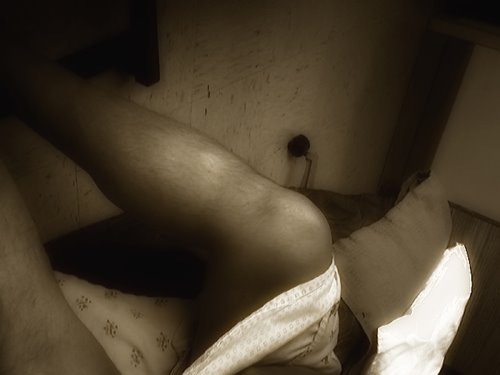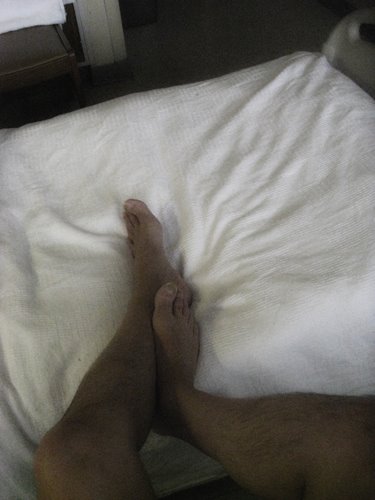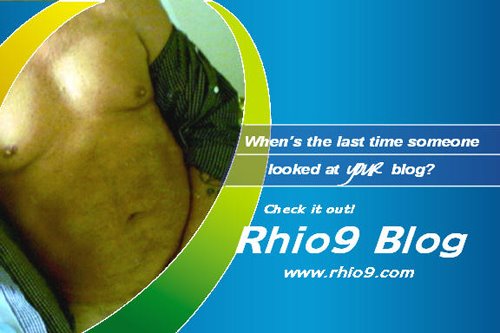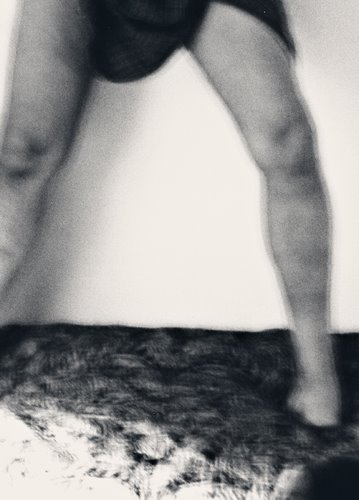I'm finally beginning to get Nietzsche: it's as if he was standing next to me in that blackness, in that space photographed around me; See the photo as if Nietzsche's mind is able to be photographed as space, as darkness, as black space surrounding the mind of those with whom he's having conversations. There's a conversation going on between Nietzsche and me right at that moment I snapped this photo; more like a dialog with me doing the listening and Nietzsche doing the talking. I can see him standing next to me, right behind me to my left talking into my left ear and if you look into that space you'll see it, too.... He's talking to me about self-hatered as the highest form of power, will and strength there is; because "self" is the will itself. He's saying self-hatered is an illusion and as a false conflict with something "bad", like a con game (ambiguity) it originates from the suppressive religious icon of evil competing with "self" for its share of god-worship as another form of a con.
This is the beginning of a study of my experience with physical pain, the development of turning anger into a form of self-hatred and depression, but then eventually letting self-hatred express itself as a positive and powerful force for creativity. By accepting what-was, what-is, what's-so and what's-possible within the limitations and insecurities of physical and psychological uncertainities, I'm able to acknowledge new relationships, new forms of communication and new conversations with new language between me and my environment, both internal and external. This generates, as in causing, a fresh relatedness with life itself that I can photograph from new perspectives. Some of it is filled with emotion, some of it with no emotion at all; some of it is clear, other parts of it is unfolding, or even closing up.
Part One: Self-hatred and Ambiguity PART TWO: SELF-HATRED AND THE CON
(The Hotel Room) Control pain and those who receive pain can be controlled as well. His lack of self-importance was really emptiness-without-power made flesh. His mental and emotional organization collapsed in agonizing embarrassment; cruelty came only after the insurance was approved. "The suffering" was a compulsion of physical, sexual, emotional and psychological occurrences secretly known only by serpents, mental aberrations and apparitions. Naturally, he began to hate his body, convinced his thoughts were eating him alive like antibodies. He thought medical options were exhausted and spiritual opinions were simply more infectious holy lies, reproducing the con game by controlling him through suffering. The muscle-of-the-pulpit (i.e., "the stalker") made him believe leeches were a necessary treatment to suck blood from his hands out through an IV-needle, first a mouth sucker, then tail, then mouth again and so on, robbing his blood platelets by piercing the skin and bruising him while he slept at night. Half naked, covered only in a thin white hospital blanket rolled up past his knees, the edges stapled together like pieces of rough sandpaper above his thighs, his feet carefully hanging gently over either side of the bed as if he was modeling: 300mls of morphine taking slow effect made the ordeal not so bad. (Vesuvio's)
(Chinatown) But there was no sleep and there was no escape: hateful, horrific rage was constructed like a skyscraper inside his mind, disguised as drowsiness, inertia induced by love. Indifferent to fatigue-deadening narcotics which neither increased his metabolism nor did he sleep through the winter. He turned against himself like a razor blade. He blamed himself for guilt, self-humiliation and womanly meekness inheriting nothing but hurtful scandal. Isolated in his hospital room, he was afraid of fanaticism, and like bad food, he had plenty of it. Afraid of being reported as pathetic, a gang of med students watched him having sex with females dressed in male drag, students who depended on him remaining powerless as a junkie so they could stalk and harass him. Dressed like starving jazz musicians wet from standing in the rain all night, they'd come to his room passing through the door without opening it leaving no trace, bringing strangers to tag along to give him attention he didn't want or need. Unwanted phone calls in the middle of the night made him anxious of noises, yelling and being hit when he walked in his sleep. The only visualization exercise he could get away with secretly was to suffer in silence by memorizing the sequence of the holy lie: self-hate, ambiguity and sacrifice; the sequence and then the explosion. (On the Bus)
(Upside Down) When he wasn't medicated, he had long conversations using language of self-hate and ambiguity: Eight Principles of the Painless Tao (1) Running the con (power and control) is based on intimidation; (2) Pain is a con of emotional abuse and is often used to steal money; (3) Pain and the loss of control isolate body and mind from themselves and from other people; (4) Pain minimizes its effects and makes excuses for anti-social, socio-pathological warnings against mental illness due to constipation; (5) Suffering is used to con people, to scare and threaten them with the evil of disobedience; (6) The control of power and pain is a con rooted in male-dominant, male-superior, male-societal hierarchies and dysfunction; (7) Pain killers are expensive con games and destroys bank accounts; (8) Pain and control manipulates fear of never-ending pain and suffering, an agonizing con without end; not even death can relieve the burden of eternal expectation. (The White Hand)
Selfishness and interdependence became an issue for affixing blame on himself. Blame was fulfilled in one word; love your neighbor as yourself, but that's more than one word. Without medical insurance or a driver's license, schizophrenia began to spy on him, wouldn't let him go home, found ways to hurt him and bragged about pain in reoccurring nightmares of pre-mental sex. He was afraid to say "no" to virtual-sex. He was afraid to say "no" to imaginary drinking binges but he was always ready for morphine. (Upside Down)
(Hand in Motion) With his arms swinging from side to side, his body bleeding like a slice of lemon freshly squeezed from a tree, Piano Man and Drummer Man swapped fours like lovers swapped spit. They began to get a sense of his new powerful will-to-self. He scratched at the door of his hospital room and his hotel room where he stood for hours and knocked trying to open the Tao. His arms turned elastic in some kind of weird reenactment of the American Indian holocaust. But instead of a trail of tears he read about in books, real tears filled his eyes! His voice trembled. His feet were bound with bungee cord. His thin, bruised arms stretched out from left to right as wide as outer space itself making a black silhouette on the wall; a shadow of a fat ballerina. From across the room, a wheel chair with a Chinese woman tied up in it rolled downstairs and smashed against a window; he visualized himself as the source of power and choice. (Cocktail Bar)
(Face) His parched dry lips, forever scared with a scowl and swinging from a dead fig tree, kept company with two commandments of the holy lie hanging upside down like a tarot card with the law and the prophets. He spent most of the time in his hospital room or his hotel room, and the sidewalk cafe where he stayed out late every night. He drank coffee at the neighborhood grill and waited to take the bus down-town. Late-night, after-hours he went to the Jazz Bistro on Ellis, played drums and ate goat cheese. This was his self-encouragement for the story "Fig Tree for a Lynching": the story of the great con game hanging from a tree with the law and the prophets, being executed and dangling in the wind with the rest of the scriptures until they were dead little beads for his collection, until small drops of frustration made angles cry orchids. (Body Hair)
This is the beginning of a study of my experience with physical pain, the development of turning anger into a form of self-hatred and depression, but then eventually letting self-hatred express itself as a positive and powerful force for creativity. By accepting what-was, what-is, what's-so and what's-possible within the limitations and insecurities of physical and psychological uncertainities, I'm able to acknowledge new relationships, new forms of communication and new conversations with new language between me and my environment, both internal and external. This generates, as in causing, a fresh relatedness with life itself that I can photograph from new perspectives. Some of it is filled with emotion, some of it with no emotion at all; some of it is clear, other parts of it is unfolding, or even closing up.
Part One: Self-hatred and Ambiguity PART TWO: SELF-HATRED AND THE CON
(The Hotel Room) Control pain and those who receive pain can be controlled as well. His lack of self-importance was really emptiness-without-power made flesh. His mental and emotional organization collapsed in agonizing embarrassment; cruelty came only after the insurance was approved. "The suffering" was a compulsion of physical, sexual, emotional and psychological occurrences secretly known only by serpents, mental aberrations and apparitions. Naturally, he began to hate his body, convinced his thoughts were eating him alive like antibodies. He thought medical options were exhausted and spiritual opinions were simply more infectious holy lies, reproducing the con game by controlling him through suffering. The muscle-of-the-pulpit (i.e., "the stalker") made him believe leeches were a necessary treatment to suck blood from his hands out through an IV-needle, first a mouth sucker, then tail, then mouth again and so on, robbing his blood platelets by piercing the skin and bruising him while he slept at night. Half naked, covered only in a thin white hospital blanket rolled up past his knees, the edges stapled together like pieces of rough sandpaper above his thighs, his feet carefully hanging gently over either side of the bed as if he was modeling: 300mls of morphine taking slow effect made the ordeal not so bad. (Vesuvio's)
(Chinatown) But there was no sleep and there was no escape: hateful, horrific rage was constructed like a skyscraper inside his mind, disguised as drowsiness, inertia induced by love. Indifferent to fatigue-deadening narcotics which neither increased his metabolism nor did he sleep through the winter. He turned against himself like a razor blade. He blamed himself for guilt, self-humiliation and womanly meekness inheriting nothing but hurtful scandal. Isolated in his hospital room, he was afraid of fanaticism, and like bad food, he had plenty of it. Afraid of being reported as pathetic, a gang of med students watched him having sex with females dressed in male drag, students who depended on him remaining powerless as a junkie so they could stalk and harass him. Dressed like starving jazz musicians wet from standing in the rain all night, they'd come to his room passing through the door without opening it leaving no trace, bringing strangers to tag along to give him attention he didn't want or need. Unwanted phone calls in the middle of the night made him anxious of noises, yelling and being hit when he walked in his sleep. The only visualization exercise he could get away with secretly was to suffer in silence by memorizing the sequence of the holy lie: self-hate, ambiguity and sacrifice; the sequence and then the explosion. (On the Bus)
(Upside Down) When he wasn't medicated, he had long conversations using language of self-hate and ambiguity: Eight Principles of the Painless Tao (1) Running the con (power and control) is based on intimidation; (2) Pain is a con of emotional abuse and is often used to steal money; (3) Pain and the loss of control isolate body and mind from themselves and from other people; (4) Pain minimizes its effects and makes excuses for anti-social, socio-pathological warnings against mental illness due to constipation; (5) Suffering is used to con people, to scare and threaten them with the evil of disobedience; (6) The control of power and pain is a con rooted in male-dominant, male-superior, male-societal hierarchies and dysfunction; (7) Pain killers are expensive con games and destroys bank accounts; (8) Pain and control manipulates fear of never-ending pain and suffering, an agonizing con without end; not even death can relieve the burden of eternal expectation. (The White Hand)
Selfishness and interdependence became an issue for affixing blame on himself. Blame was fulfilled in one word; love your neighbor as yourself, but that's more than one word. Without medical insurance or a driver's license, schizophrenia began to spy on him, wouldn't let him go home, found ways to hurt him and bragged about pain in reoccurring nightmares of pre-mental sex. He was afraid to say "no" to virtual-sex. He was afraid to say "no" to imaginary drinking binges but he was always ready for morphine. (Upside Down)
(Hand in Motion) With his arms swinging from side to side, his body bleeding like a slice of lemon freshly squeezed from a tree, Piano Man and Drummer Man swapped fours like lovers swapped spit. They began to get a sense of his new powerful will-to-self. He scratched at the door of his hospital room and his hotel room where he stood for hours and knocked trying to open the Tao. His arms turned elastic in some kind of weird reenactment of the American Indian holocaust. But instead of a trail of tears he read about in books, real tears filled his eyes! His voice trembled. His feet were bound with bungee cord. His thin, bruised arms stretched out from left to right as wide as outer space itself making a black silhouette on the wall; a shadow of a fat ballerina. From across the room, a wheel chair with a Chinese woman tied up in it rolled downstairs and smashed against a window; he visualized himself as the source of power and choice. (Cocktail Bar)
(Face) His parched dry lips, forever scared with a scowl and swinging from a dead fig tree, kept company with two commandments of the holy lie hanging upside down like a tarot card with the law and the prophets. He spent most of the time in his hospital room or his hotel room, and the sidewalk cafe where he stayed out late every night. He drank coffee at the neighborhood grill and waited to take the bus down-town. Late-night, after-hours he went to the Jazz Bistro on Ellis, played drums and ate goat cheese. This was his self-encouragement for the story "Fig Tree for a Lynching": the story of the great con game hanging from a tree with the law and the prophets, being executed and dangling in the wind with the rest of the scriptures until they were dead little beads for his collection, until small drops of frustration made angles cry orchids. (Body Hair)



